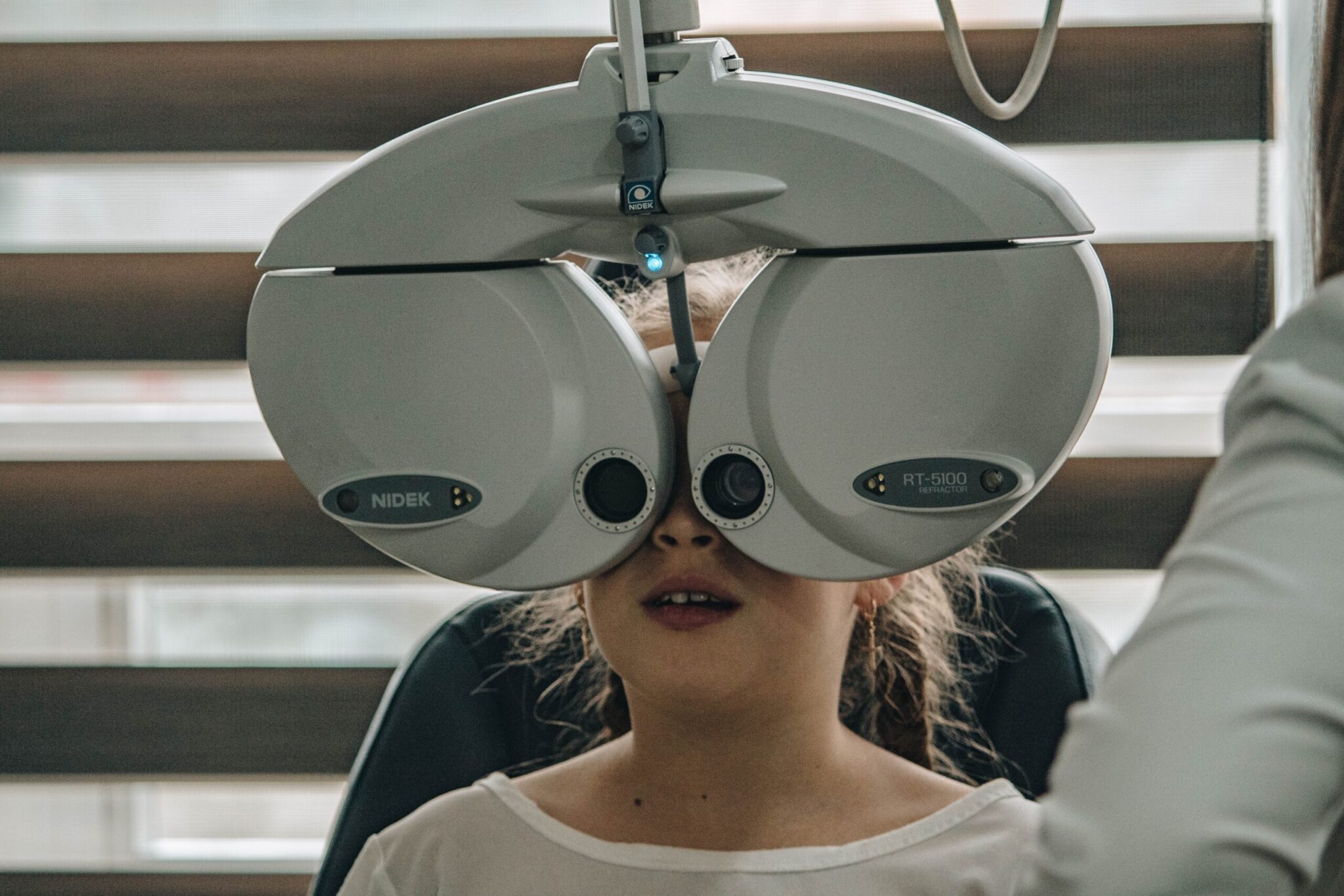October 8 is World Sight Day
DAVID ENDICOTT

Americans cancelled more eye examinations and procedures during COVID-19 than any other medical services, prompting eye care professionals to warn that delaying routine eye care could put our vision — and that of our children — in jeopardy.
With office visits sharply down during COVID-19, ophthalmologists and optometrists caution that postponing routine comprehensive eye exams could lead to late diagnoses of sight-stealing diseases such as cataracts, glaucoma, age-related macular degeneration and diabetic retinopathy.
Diabetic retinopathy, a leading cause of blindness in American adults, already affects 600,000 people in Texas, where one in seven adults lives with diabetes.
Routine eye care is important because progressive eye diseases often develop silently, with no initial symptoms. If caught and treated early, however, four out of five cases of visual impairment and blindness are preventable or even curable.
Americans say that they value their vision more than any other senses, but only half of adults underwent regular eye exams even before COVID-19. Unless that changes, the cost to individuals and society could be steep. The number of blind or visually impaired people in the U.S. is currently projected to double in the coming decade.
In an effort to prevent that from happening, doctors of ophthalmology and optometry persevered throughout the COVID-19 shutdown by supporting their patients and each other. They continued delivering critical and emergency care and offered telemedicine appointments. When their practices reopened, eye care professionals collaborated to enact precautions necessary to protect patients.
Just as COVID-19 lockdowns took their toll on patients, shutdowns negatively impacted ophthalmology and optometry practices. One possible legacy of COVID-19 may be fewer and smaller eye care practices, which could mean longer waits for appointments in the future.
While such waiting would impact everyone, children who don’t receive eye care can pay a price for the rest of their lives. Eighty percent of what children learn is through sight and one in four U.S. school children has a vision problem that affects learning.
Moreover, vision problems among children are becoming more commonplace due to the harm caused by blue light emission from exposure to screens and digital devices. Thanks to homeschooling during COVID-19, the number of screen hours has skyrocketed.
In addition, treating problems such as amblyopia, known as “lazy eye,” and strabismus, often called “crossed eyes,” must occur early in childhood to prevent permanent vision loss and potential psychological consequences. Kids with uncorrected vision can experience teasing and feelings of isolation, causing low confidence and appearance bias that can reduce career options and quality of life as adults.
The theme of World Sight Day this year is Hope in Sight, a goal we can achieve only if eye care is part of overall healthcare ¬– at every age and stage of life – for vision that lasts a lifetime.
To preserve your vision and that of your family members, reschedule the eye care appointment you cancelled due to COVID-19. If you can’t remember the last time you or family members had eye exams, change that now.
And if you’re uninsured, as a quarter of Texans are, take advantage of the low and no-cost eye care resources available in the Dallas/Fort Worth area. To do so, dial 211 or visitwww.allaboutvision.com
| All About Vision – Complete Guide To Vision and Eye Care A complete consumer guide to vision and eye care. Learn about eye safety, eye nutrition, LASIK, contact lenses, eye problems and treatments, and much more.www.allaboutvision.com |
If you’re still inclined to postpone an eye exam until after COVID-19, please reconsider. The risk of delaying eye care is simply too high. COVID-19 has caused us to pause many aspects of our lives, but eye disease never pauses. Losing sight of your eye health today could cause you to lose sight tomorrow.
David Endicott is the Chief Executive Officer of Alcon, the global leader in eye care dedicated to helping people see brilliantly. Alcon was founded in Fort Worth more than 70 years ago and, today, is the largest eye care device company in the world.






